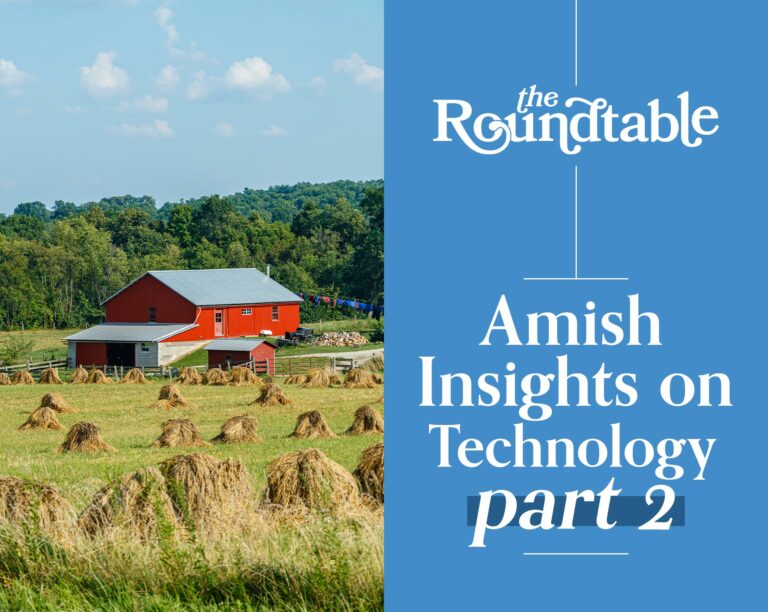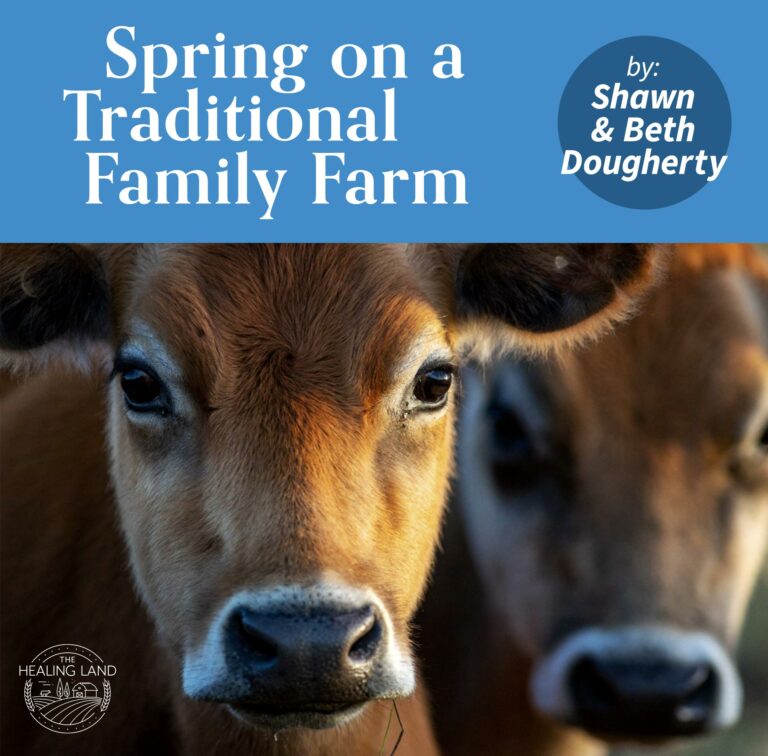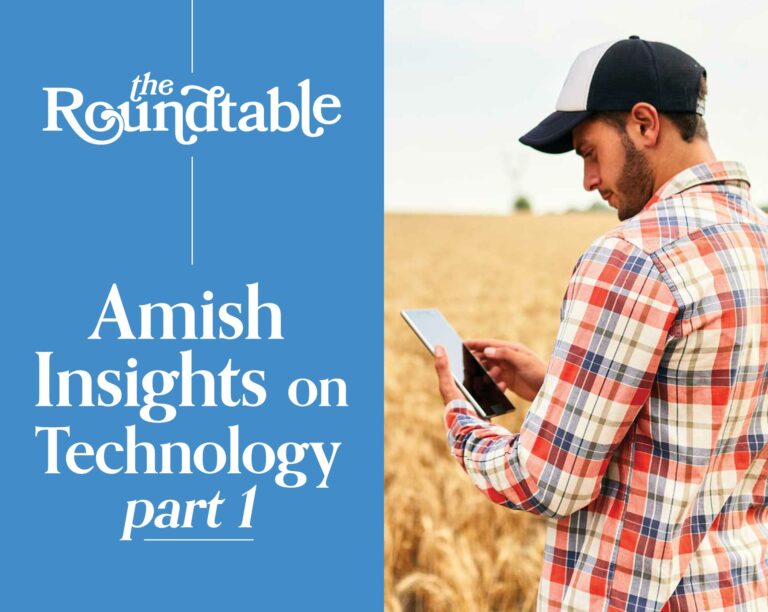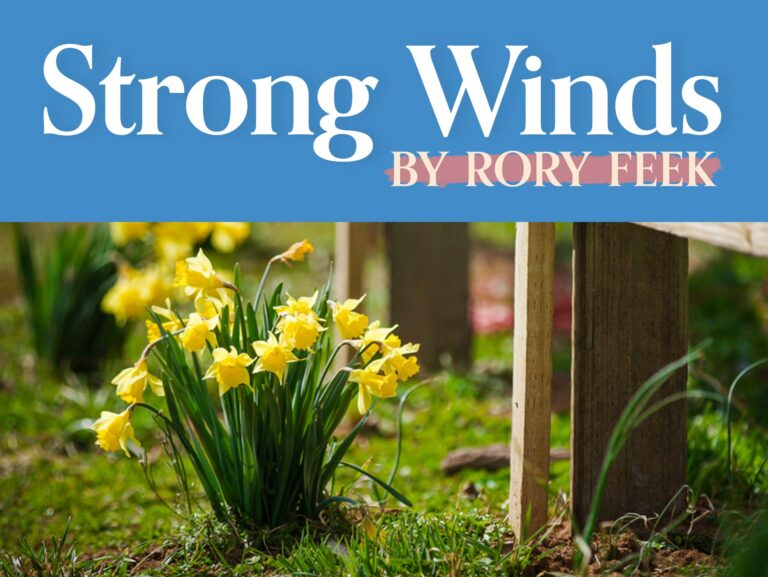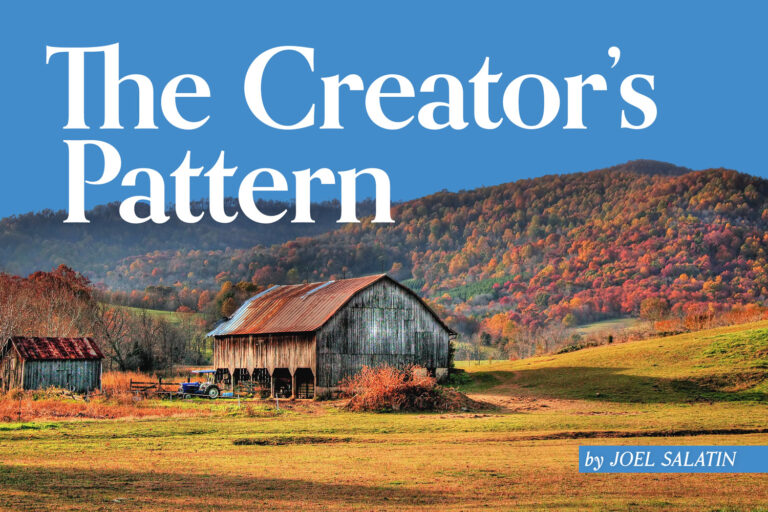From Rottleben to Lancaster County — The Stoltzfus Family Heritage
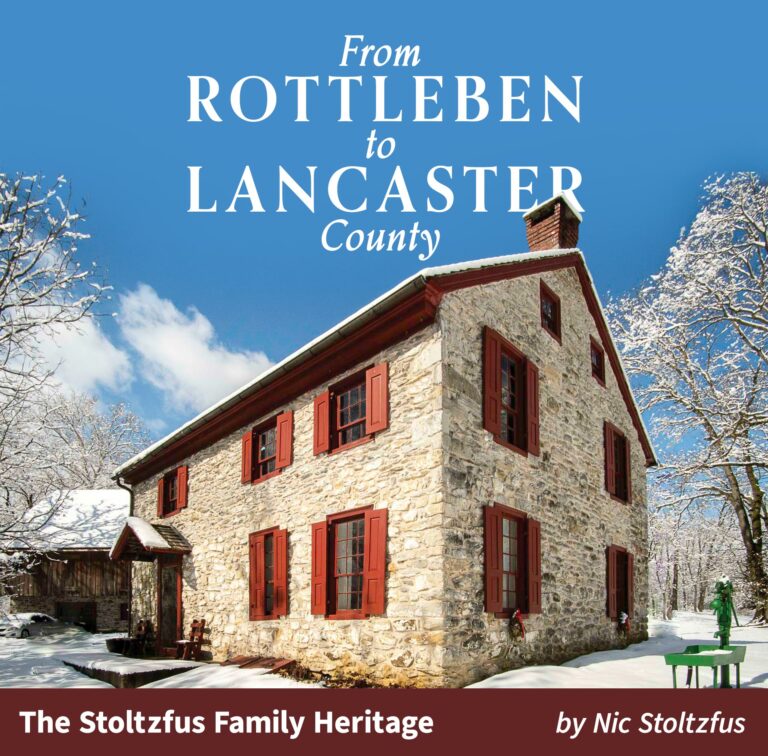
by Nic Stoltzfus, Plain Values I first moved to Pennsylvania in the fall of 2018 to become caretaker of the Nicholas Stoltzfus Homestead in Reading. I was also nearing completion of a coffee-table book I was working on: German Lutherans…


